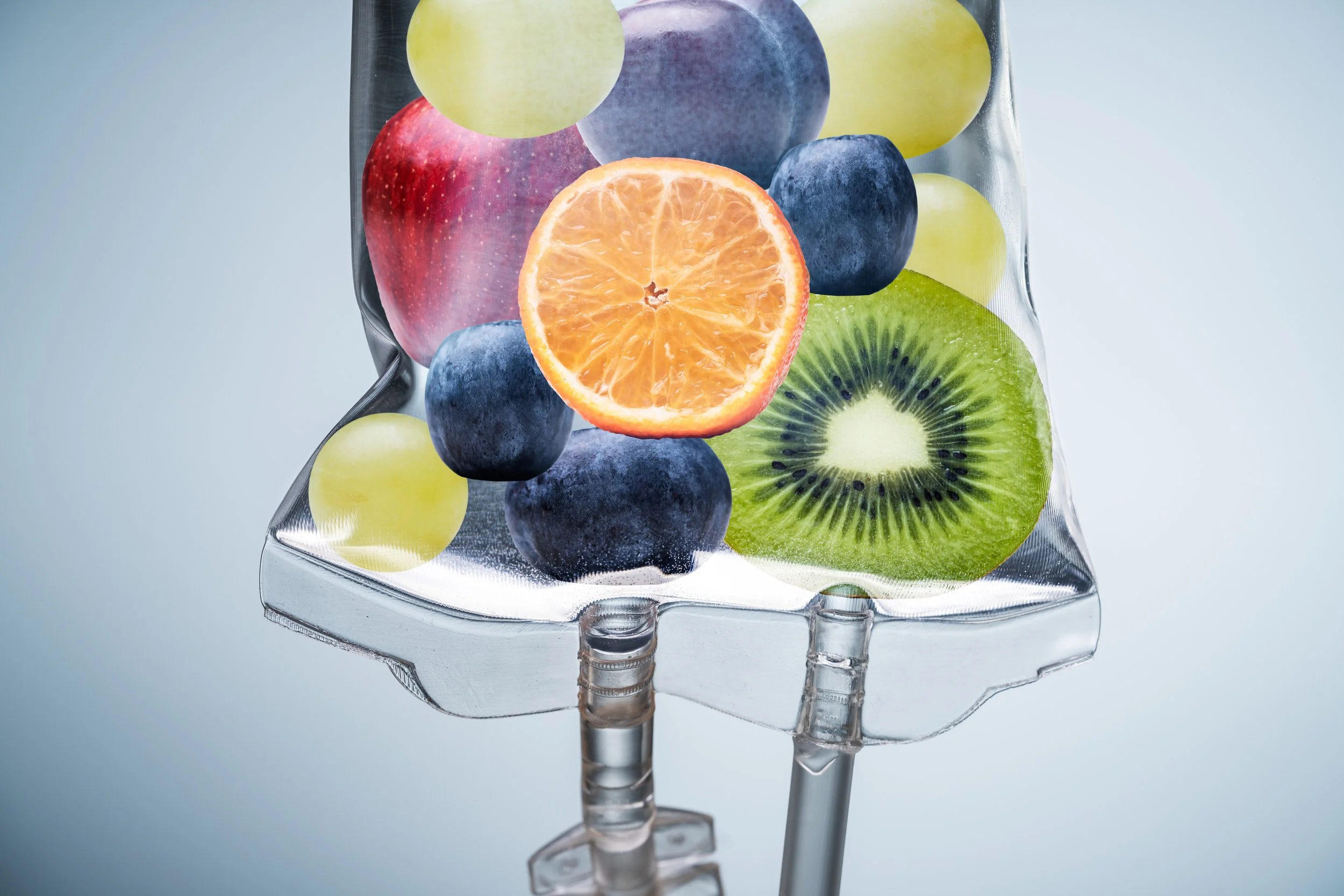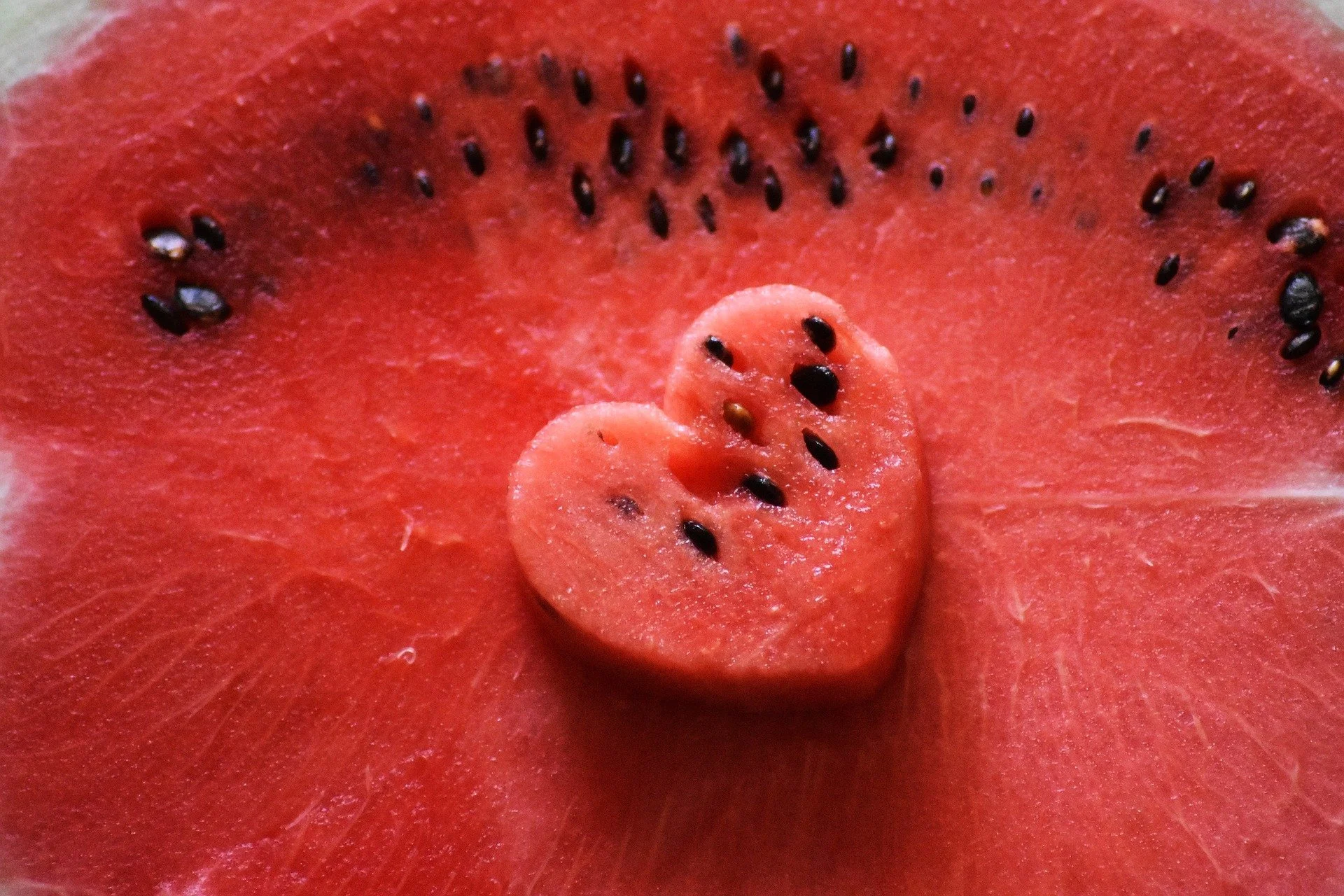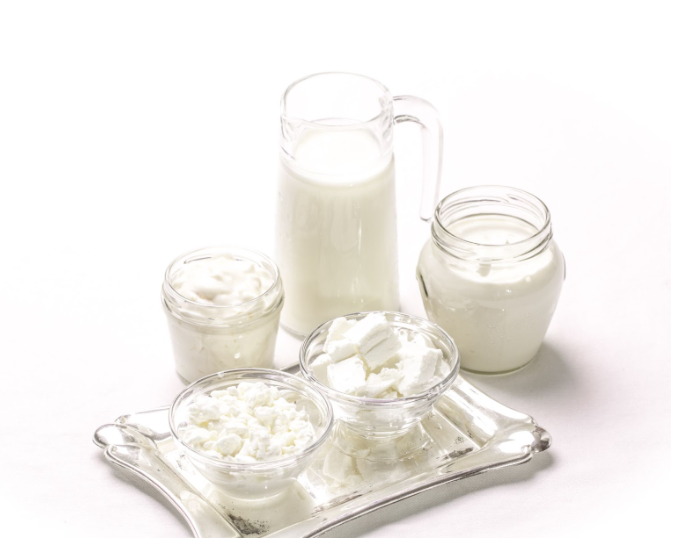Real World Nutrition News You Can Use
There is a lot of misinformation about nutrition. And nothing in this field is black-or-white, yes-or-no, but many shades of gray and a lot of “it depends.” So, my goal is to help clear up some of that misinformation with some snark, entertainment, and facts (with some opinion thrown in).
Many of these topics come from interactions with the public, friends, clients, and students. I see sheer misinformation about the science of nutrition, and I do my best to clear things up one blog post at a time.
If you have a topic you are wondering about, let me know.
Looking for a specific topic? Search to see if it is already here.
What is Clean Eating?
Something I hear all the time is the term "clean eating." I remember reading about it many years ago in a fitness magazine – it was throughout the entire magazine, and this was a new term to me. I wasn't even sure what it meant. As a dietitian, I was surprised at this term related to eating and that I didn't know what it meant. One of the reasons for me not knowing what “clean eating” means is that there is no official definition of clean eating. Many "diets" or ways of eating are flexible, and the approach varies based on the individual.
Is Coconut Oil a Healthy Fat?
For many years, I’ve heard people spouting the benefits of coconut oil. There are all kinds of claims related to coconut oil and how it can prevent heart disease, treat Alzheimer’s disease, is antibacterial and antimicrobial, and can treat cancer. Even help hormone balance and cure diabetes? And help with hair and skin. Coconut oil is the best oil under the sun, and we should buy it by the bucketful. Or should we?
Do you need IV Therapy?
Have you heard of IV therapy? IV therapy is getting intravenous fluids outside a medical or hospital setting for therapeutic use and not for medical "need." Anyone who's ever been to the hospital, emergency department, or urgent care (or even seen this sort of thing on television) knows that an IV is a common way for the medical staff to deliver medications and assist with overall hydration. IV therapy is available outside of this setting for apparently healthy people at medical spas, wellness centers, and even in your own home (not self-administered, but someone coming to your home to administer it). Is this something you should consider?
What Food Group Does That Go In?
I recently was in a discussion group with fellow dietitians and asked, “when did corn become a grain?” But, confusion about foods and food groups isn’t among just dietitians. Many people may be confused by this and other food group classifications. You see, not all foods fit nicely into one specific food group. Some foods don’t fit into the classic five food groups that we have today. And that is OK.
The Health Benefits Of Nuts
Which nut is the best one to choose? That isn’t a simple answer, All the nuts have health benefits. As much as I would love to pick one as the best, I can’t, so here is a rundown of the various nuts’ calorie, protein, fiber, and fat content.
How much protein do you need?
Many people think they aren’t getting enough protein (when they are) but they aren’t eating it “right” during the day. Is there a “right way to get your protein? There sure is.
What Are Sources of Protein in the Diet?
What are sources of protein? Besides meat? It is not uncommon for people to think of only meat, which I am using as a term for any animal flesh that includes fish, poultry, and red meats. But they are not the only source of protein in the diet. And even if someone doesn’t eat meat every day, likely, they are still getting enough protein.
Five Foods That Are Always in My Pantry
The pantry is a catch-all that can have a lot of things that are infrequently used relative to others. Examples include baking items like baking soda, baking powder, vanilla extract, different sugars, baking chocolate/cocoa, and flour. In addition, biscuit mix, tea bags, herbs and spices, condiments, and other staples are there but not used weekly or even monthly.
Five Foods That Are Always in My Freezer
Years ago, I had a second freezer in our garage, where we had our Costco stash. When it broke, I was initially going to replace it but realized as our teen was on his way out the door, and we were about to become empty nesters, it probably wasn’t necessary. So, we did not replace it. Today the freezer is the unit that is part of the large kitchen appliance below the fridge.
Five Foods That Are Always In My Fridge
Years ago, a local magazine interviewed me about what was in my fridge. But, of course, that was still when I had a teenager in the house, so things looked slightly different then. They even sent a photographer to the house, and I swear I didn’t clean the fridge in preparation for their arrival. Today there are still some foods that are always in the fridge. So if I am running low, the replacement is on the list for the next grocery run. I cover those here today.
Health Halo – Don’t Be Misled
The health halo is this belief that food, product, or brand is superior for various reasons. It is often due to due to marketing and word-of-mouth. I find it is often related to assumptions by a consumer based on a lack of knowledge.
Is there anything wrong with this? Maybe. What is the harm if one assumes that organic peanut butter cups are healthier? Perhaps nothing unless someone decides that they can now eat MORE of them? But that isn’t harmful, just potentially unhealthy.
Watermelon: Much More Than Water
Eating more watermelon is a fun way to get more water in your diet. In addition to being 92% water, it is also an excellent source of nutrients including lycopene, potassium, and vitamins A and C.
Safe Grilling: How Do You Know?
When someone says, “safe grilling,” most people think of keeping the kids away when the match is lit or keeping a safe distance as you hear the “clicker” over and over again on the old gas grill until the “whoomph” of the flame lights up. Now the grill is safely heating with minor arm and facial hair damage. But it is also ensuring that the food is cooked properly.
Men: Take Charge of Your Health
June is Men's Health Month, a national observance used to raise awareness about men's health care and encourage them to practice and implement healthy living decisions, such as exercising and eating healthy. Even though June is Men's Health Month, this is a year-round concern that men need to take control of their health.
Hydration for the Win
Of all the nutrients we need (carbohydrates, fat, protein, vitamins, minerals, and water), water is our most essential nutrient. We can go days without eating and may not feel well and be uncomfortable, but without water or fluid of some kind, we can die within a couple of days (more or less) depending on our health status and environmental conditions.
Snacking Smart
Were you ever told that you couldn’t or shouldn’t have a snack because it will “spoil your appetite”? Unfortunately, many people still have the mindset that we shouldn’t snack. I often tell people to include one or two snacks during their day. The “problem” isn’t that we snack, but what we choose to have as a snack.
What is the most important part of nutrition?
To prioritize what is the most important part of nutrition is impossible. Nutrition covers so much: from energy (calories) and macronutrient distribution (i.e., how many carbs, fat, and protein should you have) to problems with digestion (GI disorders), healthy food choices, moderation, pediatric nutrition, and elderly nutrition, sports nutrition and diabetes, heart disease, and bone health and much more. So much more.
Which Is Better: Black or Green?
After water, tea is the most widely consumed beverage in the world. This world loves tea, from Europe to Asia and places in between, and the U.S. is no exception. Lucky for us, tea is not only a flavorful alternative to water; it has health benefits. But which is better for us, black or green tea?
Fitting in Your Fruits and Veggies
While many of us know we need to eat our fruits and veggies, many of us have a hard time fitting them all in. I am always telling my clients to eat more fruits and veggies. But what exactly are the recommendations? Can it be done? And can we eat too many?
Dairy Foods - More than Milk
I find that one of the more polarizing food groups, even more than grains, is the dairy food group. People get all worked up when suggesting we have this as part of our regular diet/intake. And these same people eat cheese and yogurt. I am not making this up. The recommendation is to have three cups of dairy from pre-teen years through adulthood. And people think that I am recommending that they drink three glasses of milk a day. I am not. If that works, fine. But people hear “dairy” and assume it is milk in its liquid form. “Dairy” includes yogurt, cheese, and liquid milk.




















